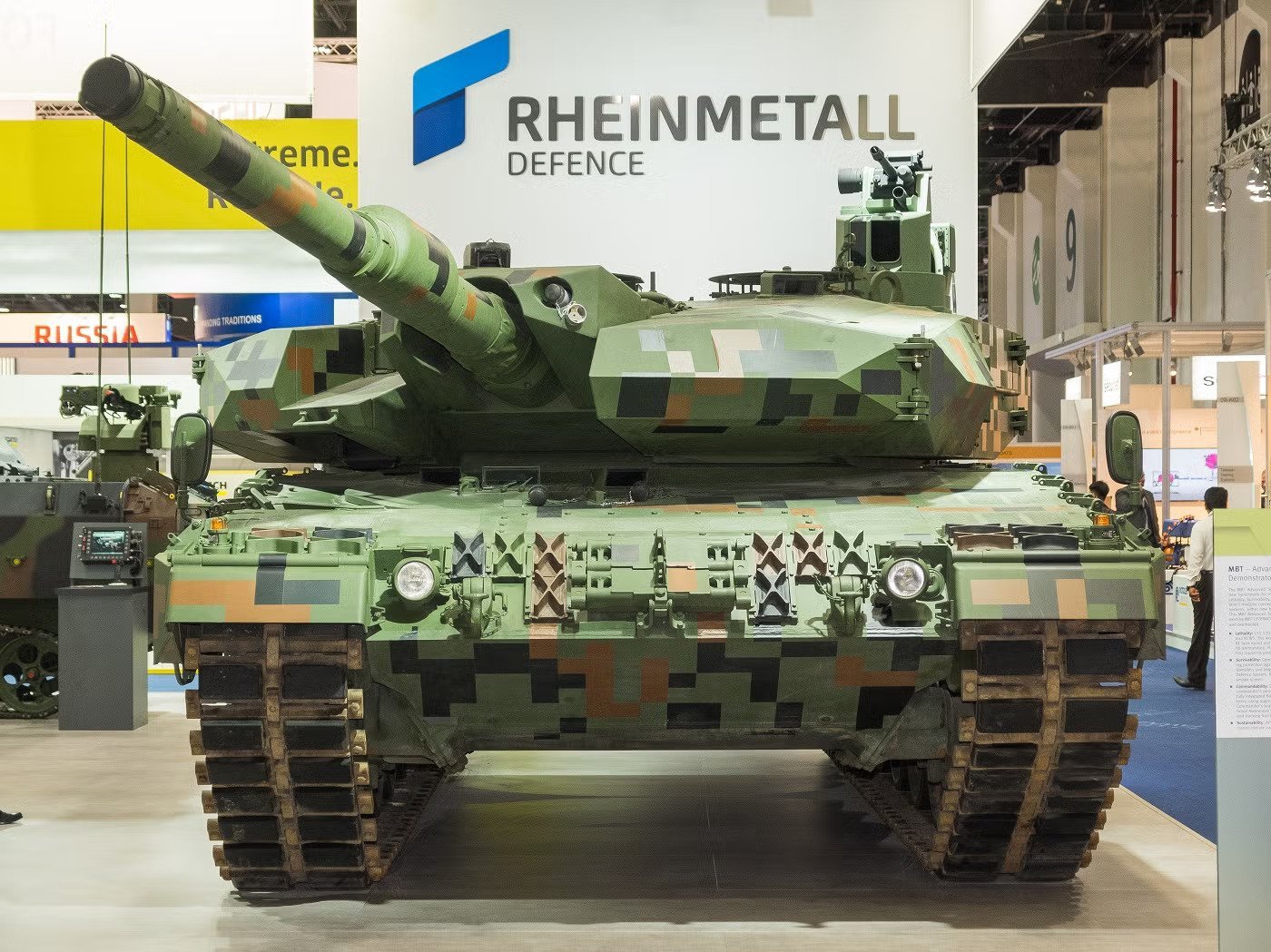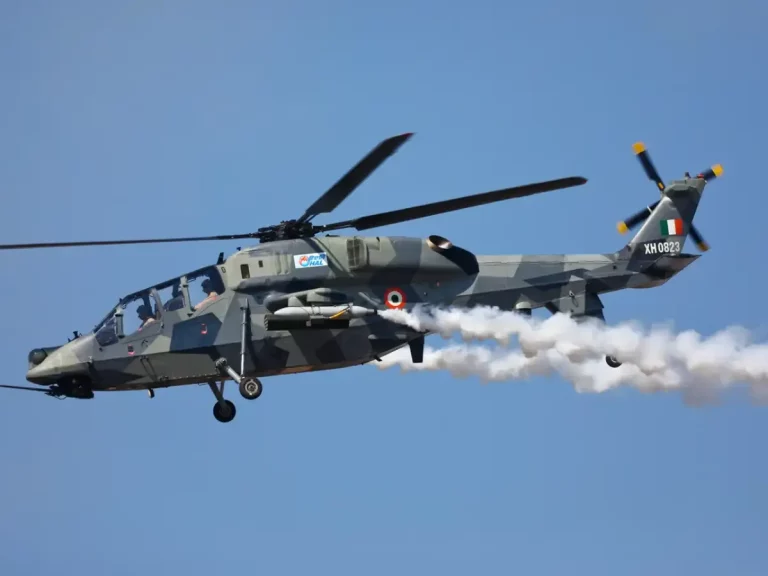In a significant advancement for India’s defense manufacturing sector, Reliance Defence Ltd, a subsidiary of Reliance Infrastructure, has forged a strategic partnership with Germany’s Rheinmetall AG to facilitate the domestic production and global supply of ammunition. This alliance, formalized through a memorandum of understanding, is a pivotal component of India’s “Make in India” initiative and its mission for defense self-reliance.
Under the terms of the collaboration, Reliance Defence will manufacture explosives and propellants aimed at supporting both medium- and large-caliber ammunition needs for Rheinmetall. Additionally, the two companies plan to collaborate on marketing select products and identifying further opportunities for joint ventures. To realize this vision, a new greenfield manufacturing facility will be established in the Watad Industrial Area in Ratnagiri, Maharashtra. This facility is projected to become one of the largest in South Asia, with an anticipated annual production capacity of 200,000 artillery shells, 10,000 tons of explosives, and 2,000 tons of propellants.
Mukesh Ambani, Chairman of Reliance Group, characterized the alliance as a “transformational moment” for India’s defense landscape, emphasizing its alignment with the Indian government’s ambitious goal of achieving $5 billion in defense exports and driving the nation towards a $5 trillion economy. The Ratnagiri facility is poised to support not only India’s armed forces but also international clients, positioning India as a formidable contender in the global defense arena.
Armin Papperger, CEO of Rheinmetall AG, echoed this sentiment, expressing the company’s long-term commitment to India. He positioned the partnership as indicative of trust in Prime Minister Narendra Modi’s leadership and as reflective of the dynamic evolution within India’s defense sector.
The announcement coincides with India’s intensified efforts to boost its defense production capabilities. The Ministry of Defence has reported record high defense exports, reaching ₹21,083 crore for the fiscal year 2023–24, representing a 32.5% increase compared to the previous year. The government is targeting domestic defense manufacturing worth ₹3 lakh crore (approximately $35 billion) by 2025–26.
However, this partnership faces scrutiny due to Rheinmetall’s status on a blacklist issued by India’s Ministry of Defence in 2012 over alleged bribery activities. Although criminal charges were dismissed in 2017 due to a lack of evidence from the Central Bureau of Investigation, the blacklisting—which Rheinmetall has challenged in the Delhi High Court—remains a significant concern, introducing uncertainty regarding the company’s operational legitimacy in India.
Furthermore, this development underscores India’s complex position in global geopolitics. Amid ongoing conflicts such as the Russia-Ukraine war, the facility’s capability to supply ammunition to European markets could be interpreted as an implicit alignment with Ukraine’s defense needs, potentially complicating India’s historically strong relationship with Russia. Despite these challenges, India has maintained a policy of strategic autonomy, with Prime Minister Modi recently offering to mediate between the conflicting nations.
Reliance Defence’s planned Ratnagiri facility fits into a broader vision that includes the development of the Dhirubhai Ambani Defence City (DADC), a comprehensive manufacturing hub designed to produce a wide array of defense materials, from small arms to advanced explosives. This initiative is expected to stimulate job creation and economic growth in Maharashtra while bolstering India’s commitment to defense indigenization.
As India advances its defense modernization efforts and strives for a larger slice of the global arms market, the partnership with Rheinmetall could prove to be transformative. Nonetheless, the long-term success of this collaboration is likely contingent upon navigating complex regulatory landscapes and fostering fragile geopolitical relationships.







